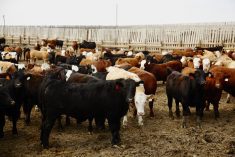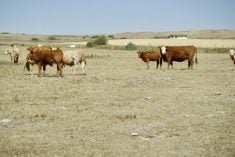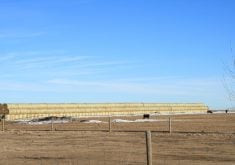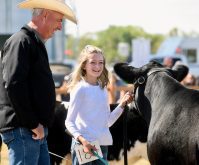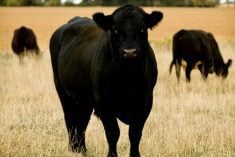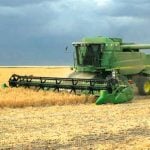This time last year, I wrote about our continued advocacy efforts to expand price insurance to the Maritimes. In 2024, price insurance became available and is the first step to helping current producers and the next generation in the region. The next step that we’re working on is cost-shared premiums, equitable to crop insurance. Federal and provincial governments share in the premium cost of crop insurance. The U.S. government subsidizes their price insurance program. We want the playing field levelled by seeing the same treatment for price insurance. We’ve had some success, but there’s more work to be done.
Speaking of more work to be done, you’ve heard me talk about Bill C-282 in the past. As I write this, Bill C-282 is at the Senate foreign affairs and international trade committee being studied clause by clause. This private member’s bill is a dangerous piece of legislation that was politicized in the House of Commons, driving a wedge between agricultural commodities and putting Canada’s economy at risk in future trade negotiations. Let me be clear, our top-notch trade negotiators have done well over the decades using all their skills to get the best deal for Canada, including in the previous NAFTA renegotiations. Both Canadian and American negotiators are on record saying that if Bill C-282 was in place during negotiations, we would not have gotten a deal. With two-thirds of Canada’s economy relying on trade with the U.S., that would have been a devastating loss to both of our economies. And with the 2026 CUSMA (USMCA) review around the corner, we need to do everything in our power to eliminate trade irritants with our largest trading partner.
CCA, along with the Canadian Agri-Food Trade Alliance (CAFTA) and the National Cattle Feeder’s Association, have been instrumental in opposing Bill C-282. We appreciate provincial members and other agricultural organizations voicing criticism of the bill. CCA will continue to advocate against Bill C-282 with senators. We encourage all producers and stakeholders to voice their concerns as well. CAFTA launched a campaign where you can share your concerns directly at www.KeepCanadaTrading.ca.
Read Also
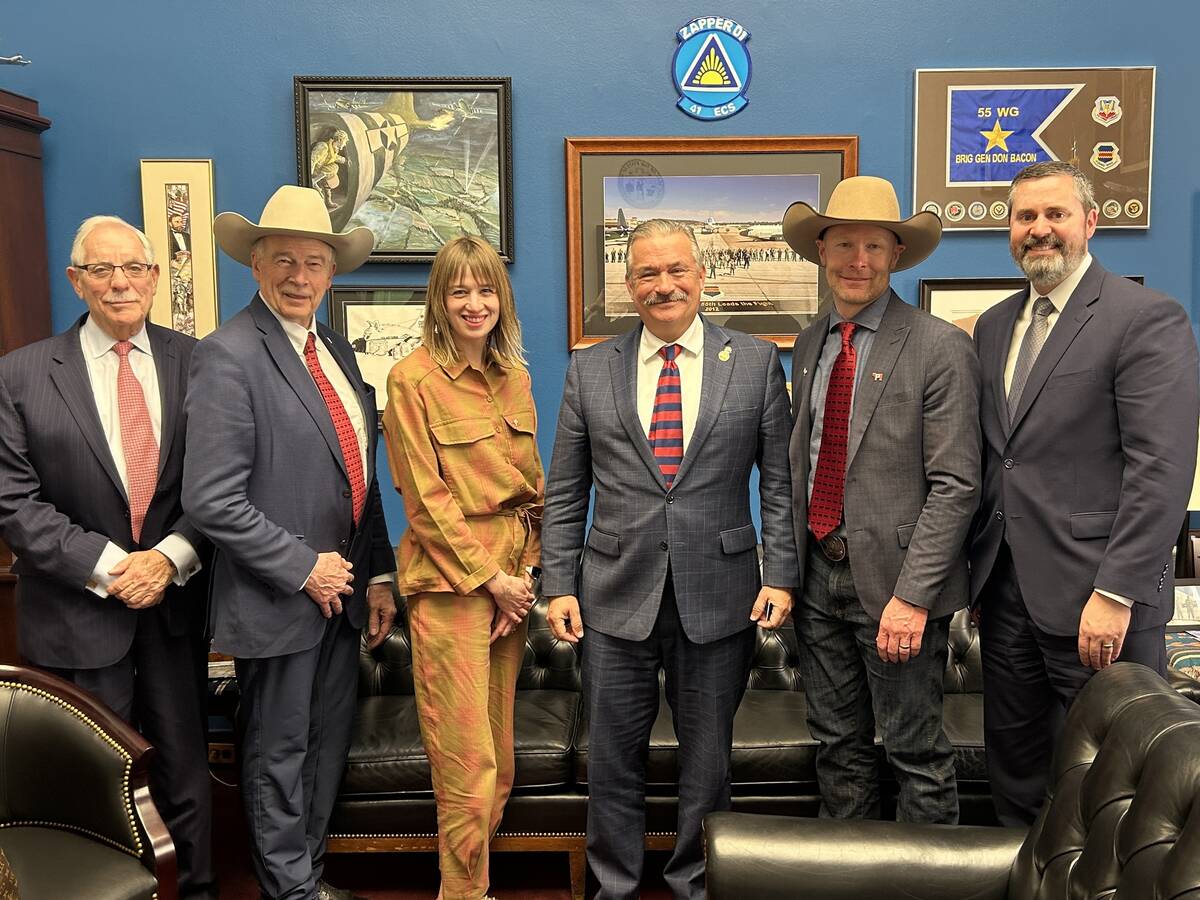
Advocating for Canadian cattle producers in the United States
Canadian Cattle Association president writes about how the association advocates for Canadian beef producers within the U.S.
It is shocking to me how few trade-reliant voices have engaged on C-282. It illustrates to me how unique the beef cattle industry is. We are an effective and respected voice in Ottawa. A big reason we have that voice is because we show up, with credible solutions. Thanks to all our provincial member associations for supporting CCA with time and producer check-off dollars. It is a long process to build credibility and a short one to lose it. Work continues to maintain that credibility and to make it pay off for producers’ investments.
A gratifying part of this job is building relationships with producers in other countries that share our values. The U.S. continues to be our top market, with the largest two-way trade of beef and live cattle in the world. We share a view toward open and science-based trade, quality genetics and production practices that put our products on the top shelf of beef production worldwide. Following the U.S. election this fall, CCA will continue to engage with our counterparts and producers at the state and local level. Those connections help as we make our case for the value of our integrated market. We also continue to work closely with our U.S. and Mexican counterparts with tri-national meetings a few times annually. Our collaborative efforts are critical as we build towards the CUSMA review in 2026.
I wrote last year about the momentum we’ve built as we’ve shared the story of the environmental benefits of cattle on the land. We also have a strong story about the benefits of beef on the plate. I am happy to see some momentum swings on these fronts. The United Nations’ Food and Agriculture Organization recently stated that efficiency gains in livestock production are more impactful to the environment than cutting out meat. This is no small thing. And it happened because CCA and others recognized that we need to engage at the UN and other international bodies to mitigate the anti-meat and anti-trade voices.
This past year, the Canadian Beef Advisors completed our second five-year beef strategy and are pleased to report many positive results. We encourage producers to go to beefstrategy.com to learn more. We are working on launching the next five-year strategy that will reflect the new challenges and opportunities for our industry. One of the biggest opportunities is to restock and grow our herds to full capacity, given our strong prices, so that we can take full advantage of the global demand for high-quality, grain-fed Canadian beef.
I’m excited about the future for Canadian beef producers and while we’ve gained a lot of headway this year, there is continued engagement needed at home in Canada and around the world. On behalf of my family, the elected board and staff of CCA, I wish you a merry Christmas and all the best for the new year.




